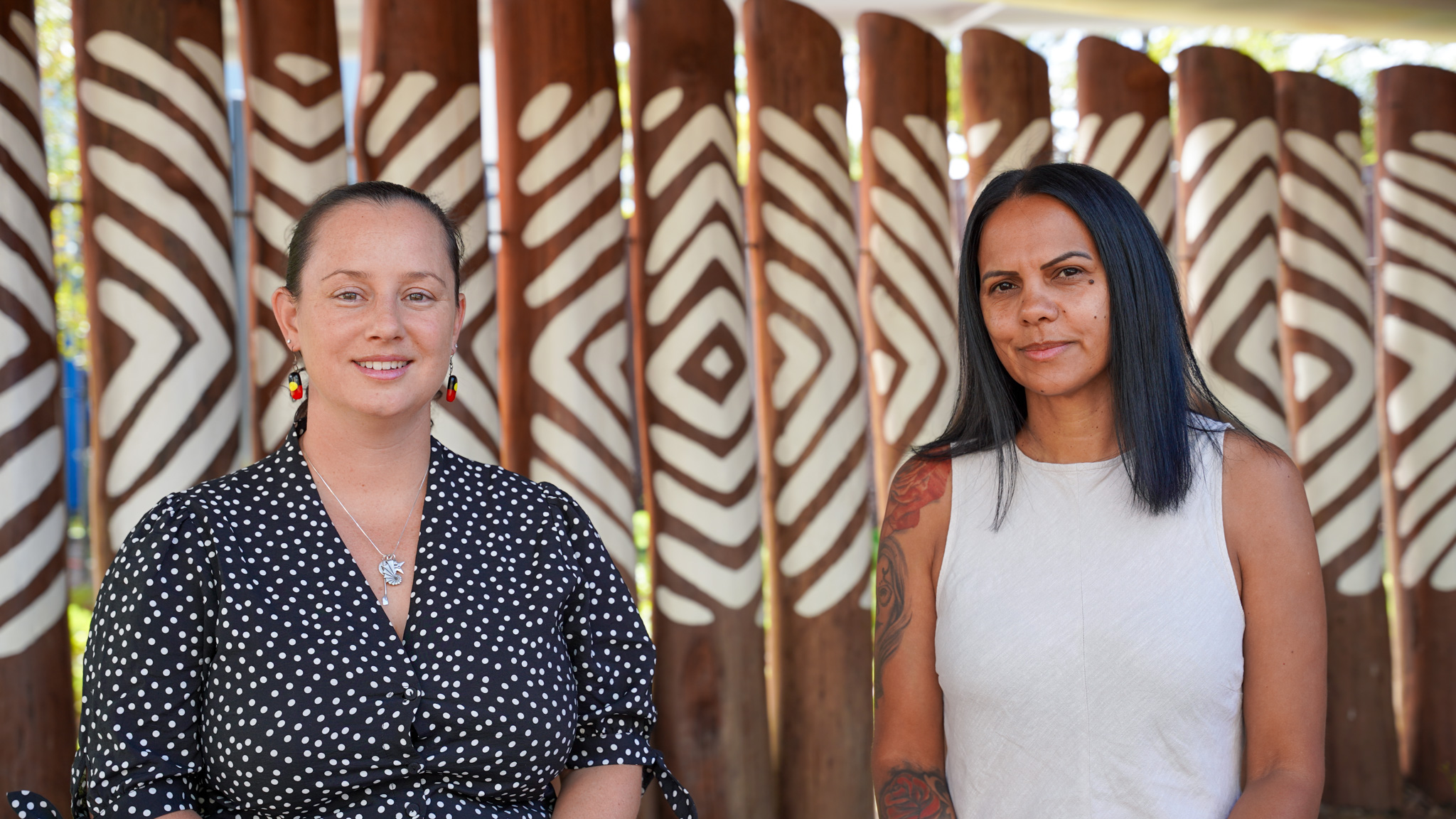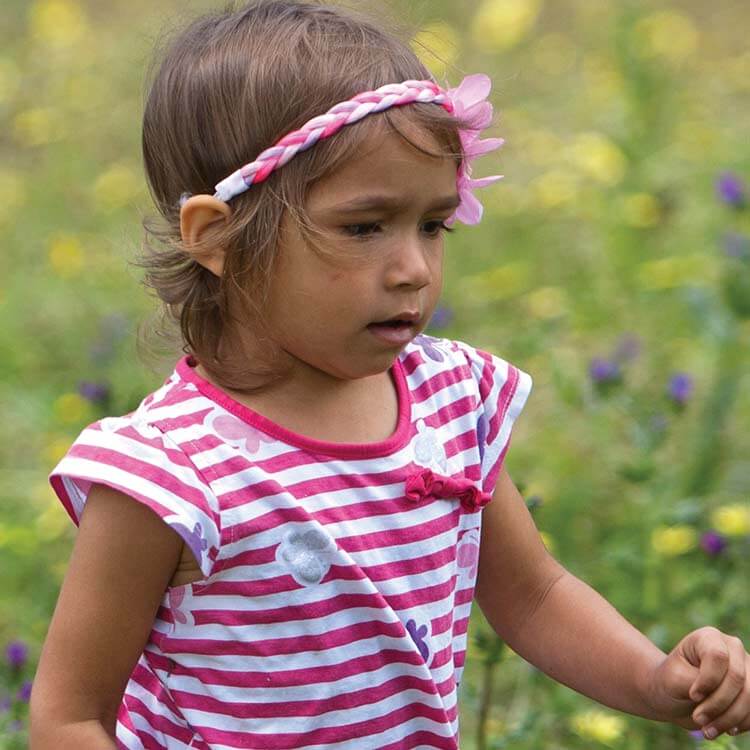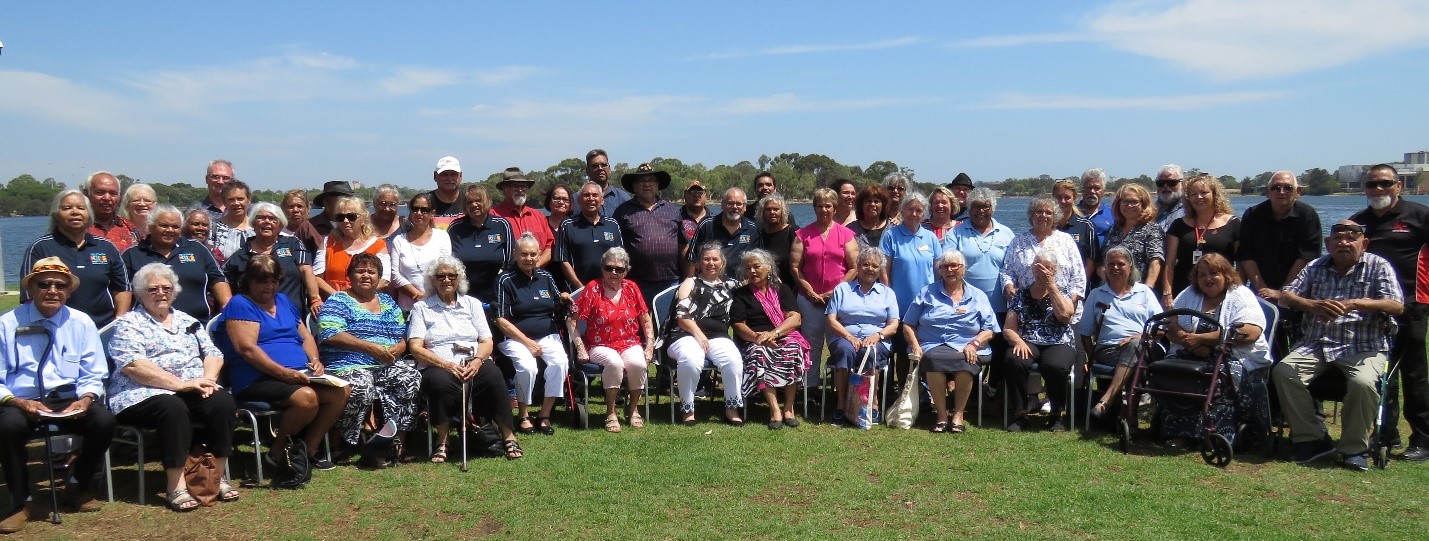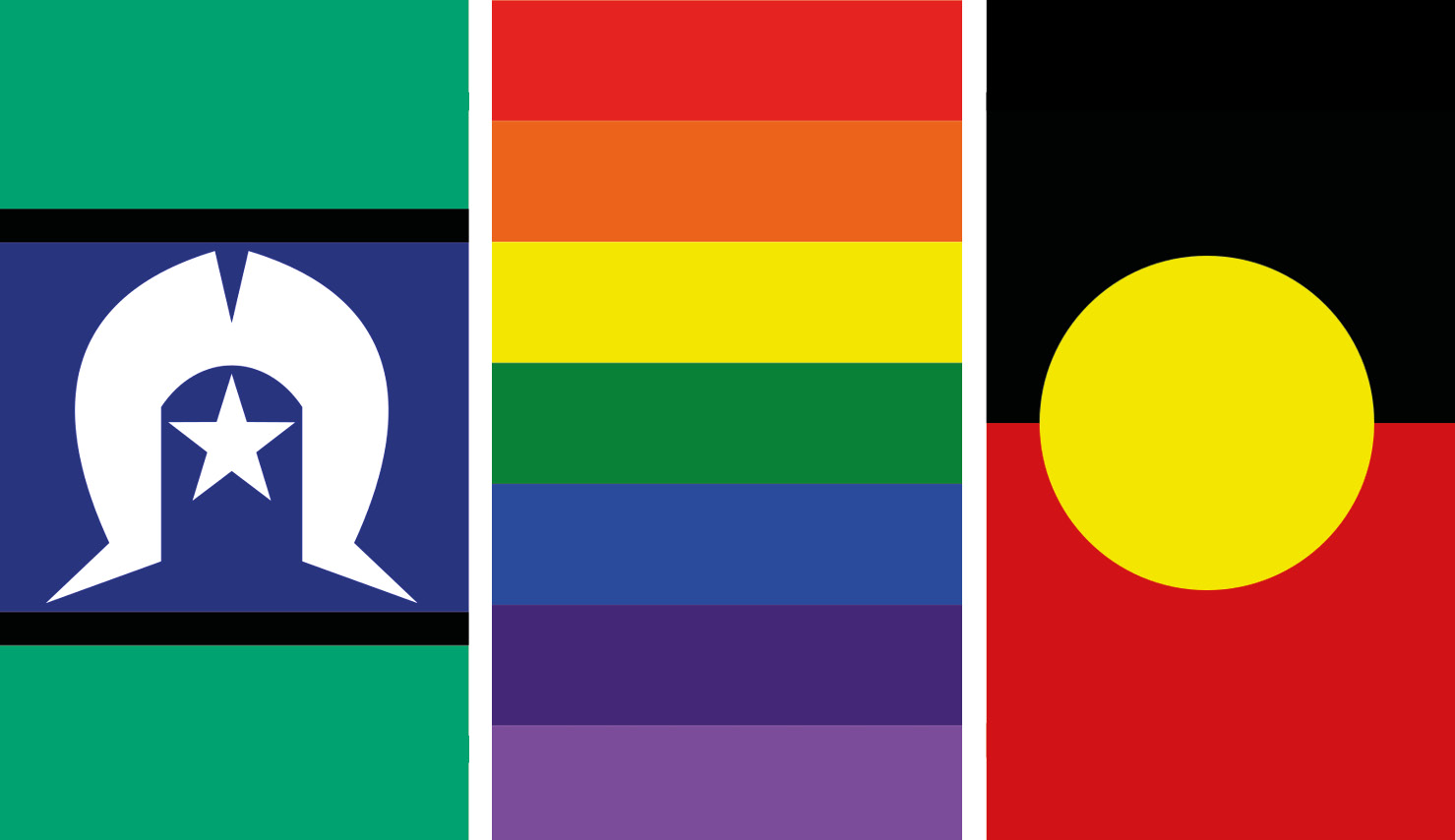Search
Research
Patterns trends and increasing disparities in mortality for Aboriginal and non-Aboriginal infants born in Western Australia 1980-2001: population database studySince there are known disparities between Aboriginal and non-Aboriginal populations in Australia, trends in infant mortality rates can be used to assess the...

A first of its kind research program at The Kids Research Institute Australia aims to develop new strategies to better treat Aboriginal and Torres Strait Islander children with cancer.

The Aboriginal Health and Wellbeing Team follows an holistic definition of Aboriginal Health which means that health is not just the physical wellbeing of an individual but includes the social, emotional and cultural wellbeing of the whole community.

The fifth Big Elders meeting/gathering was held on the Wednesday, 28th of February 2024 at Burswood on Swan.
This research project was part of the broader Ngulluk Koolunga Ngulluk Koort (Our Children, Our Heart) five-year (2016 to 2020) project.

The third Big Elders meeting/gathering was held on the 26th of February 2019 at Burswood on Swan.

Are you a young person (14-25 years old) who is Aboriginal and/or Torres Strait Islander and LGBTIQ?


